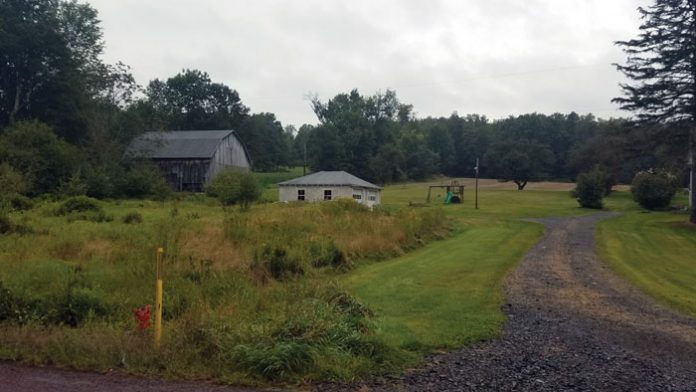Back to the Roots
Max (Mordechai Zalman) Berlinsky, my great-great-grandfather, couldn’t have been much older than 14 when he left his hometown of Suvalk, Poland (which might have technically been in Poland but was under long-term Russian occupation) in 1879. Like many immigrants in those days, he settled on the Lower East Side, not far from Ellis Island.
He found a job in a kosher butcher shop, and it didn’t take long for him to become acquainted with the few kosher-keeping families in the vicinity. But while there were families that kept kosher, finding a family that kept both kosher and Shabbos was unusual.
Nearby lived young Annie Seplowitz, an orphan who had lost both parents at a very young age. She was being raised by her married sister and brother-in-law, who had sponsored her journey from Vilna to America.
Then, one day, came a knock on their door.
“Hi, it’s Max!” declared the man on the threshold, “I’d like to talk to you about your younger sister, Anna.”
“All right,” replied Anna’s older sister and guardian. “Go ahead.”
“See, it’s like this,” explained Max. “She keeps Shabbos, I keep Shabbos. She keeps kosher, I keep kosher. I’m looking for a wife; she must be looking for a husband. Why don’t we just call it a match?”
The year was 1884 when my great-great-grandfather, Mordechai Zalman “Max” Berlinsky, got married to Hennah Devorah “Anna” Seplowitz. The wedding took place in a meeting hall at 100 Broome Street in Manhattan.
After the wedding, Max returned to his work in the butcher shop, which was enough to support the fledgling family. But as time went by, Max observed how more and more families were abandoning the ways of old. And just because one generation managed to hold on was no guarantee that the next one would, too.
Disillusioned by the irreverence and corruption that he felt permeated the kashrus industry, my great-great-grandfather concluded that the big city was incompatible with a life of religious observance. This was not the place where he wanted to raise his children, and he was far from the only one who felt that way. He eventually discovered quite a few others who had similar concerns and together they set out in search of a new location to call home.
They found it in the empty farmland along Oley Valley Road that connected the towns of White Haven and Freeland in Pennsylvania, about 120 miles west of New York City. It was the ideal place to relocate, far from the temptations of the big cities until well into the 1900s, by which time the large metropolitan centers became better equipped to accommodate those seeking a compromise-free religious experience.
As my grandmother, who was raised on the family farm in White Haven, wrote about her experiences growing up in a place that sought to recreate the shtetl life of Europe:





















